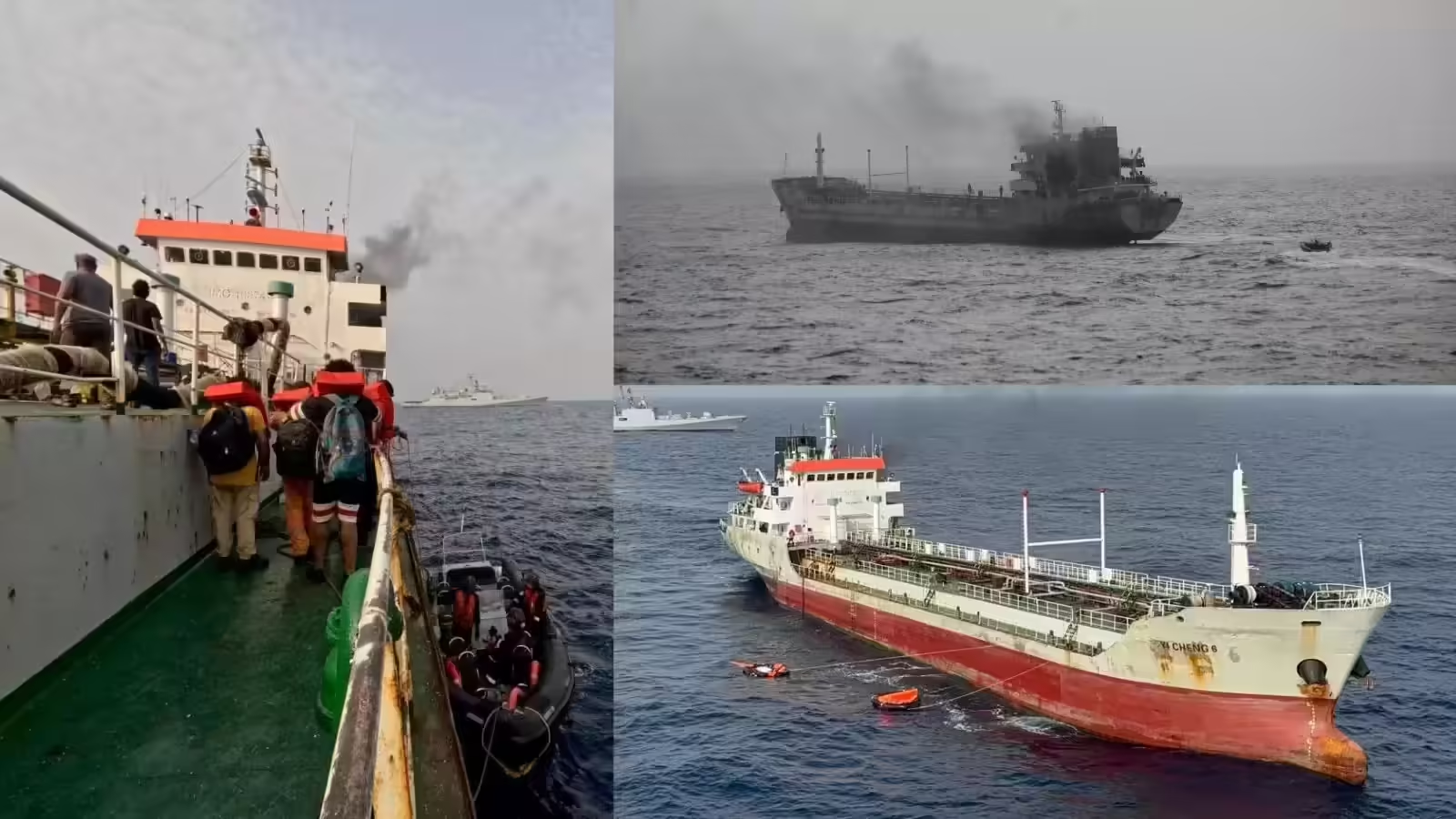On May 30, 1845, a ship named ‘Fateh-al-Razzaq’ reached the port-of-spanese port of Trinidad for the first time with Indian migrant laborers. He was strongly welcomed. 225 Indian laborers aboard the ship reached Trinidad in search of daily wages under an agreement with the British government. In the language of Indians, gradually the word ‘compromise’ became a impure bond. In February 1845, Indian laborers riding on Fateh-al-Razka had dreams of life’s life. But this journey of 90 days was full of sorrows for him. During the journey, five people were hit by diseases like cholera and typhoid. Many people fell ill.
Then the first person to descend Trinidad from Fateh-al-Razka was recorded in the register, named a 20-year-old man, named ‘Bharat’, which is a coincidental name of India. Most of the men on the ship were 25-35 years old, whose names were Duki, Chaudhary, Budhu etc. Among these indigenous laborers were some women named Gauri, Atwaria, Somaria. All these details are found in Dr. Kush Haraksingh’s book ’90 Days of Horror: The Voyage of the Fetal Razzaq to Trinidad in 1845 ‘. Fateh-al-Razka was somewhat similar to the ship Ibis described in English novelist Amitabh Ghosh’s novel ‘C of Papies’. Ibis also goes to Mauritius with Indian laborers and prisoners from Kolkata port, where they have to suffer a lot.
The ship, Fatel Razzaq, was not European, but was probably an Indian manufacture and owned by an Indian businessman Abdul Razzaq Drunn, a resident of Calcutta. One of these historical laborers recorded in these stories and novels, Trinidad and Prime Minister of Tobago, Kamla Prasad Bisacer, must have been an ancestor, who came to this Caribbean country 180 years ago in this Caribbean country. Prime Minister Narendra Modi is visiting Trinidad and Tobago on 3-4 July at a special invitation of his counterpart Kamla Prasad Bisacer.
Born in Trinidad, Kamala Sushila Prasad-Bissesar was born to the parents of Lilraj and Rita Prasad, who were both Hindus of Indian origin. Lilraj used to do a small work, while his mother Rita worked as a laborer in the fields. Kamala’s grandparents were Chorji Prasad and Sumintra Gopal Singh Prasad. His grandmother was the founding member of the Saraswati Prakash Temple located in Pinal’s Budu trace. He not only laid the foundation of the temple, but also started a bhajan troupe for women.
The stories of women of Kamla’s Nanihal are no less inspirational. His grandmother Rukmini and grandmother Sumariya used to work in both sugarcane and coco fields. Her husband died at a very young age, causing her to bear the burden of the family alone. The struggle of these women strengthened the life of Kamala Prasad. Kamala’s Nana Shivprasad and Sumaria were residents of Chennai. Kamala’s great -grandfather was Pandit Ram Lakhan Mishra and Ganga Mishra. Pandit Ram Lakhan was a resident of Bhelupur village in Bihar. Kamala’s great -grandfather settled in Pinal town of Trinidad. Kamala’s childhood was spent here. In 2012, when Kamla Prasad Bisacer visited India, she also went to her great -grandfather’s village Bhelupur. Where people bid him a traditional way. As a gift, he was given Khaja sweets, Mahawar and sari.








